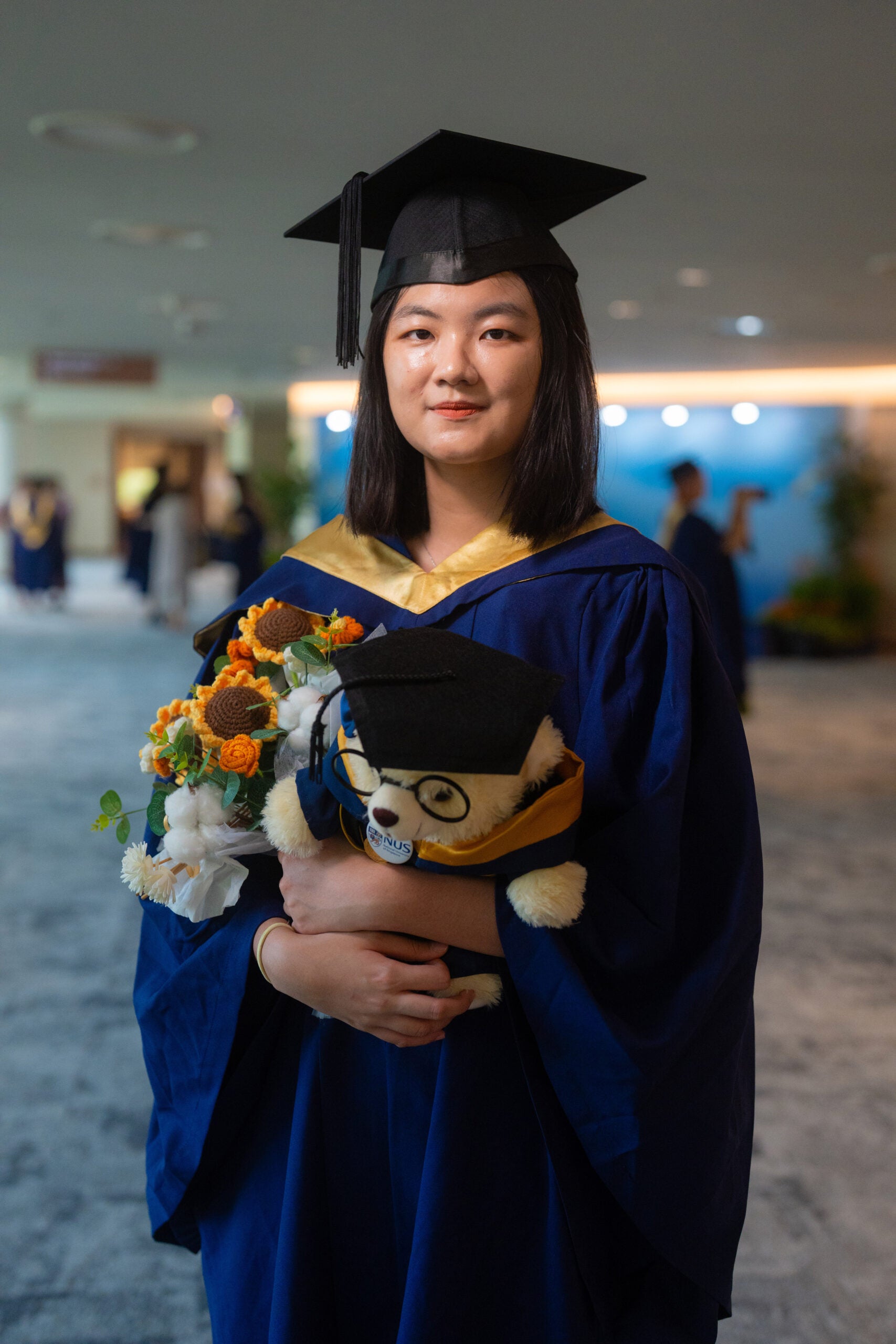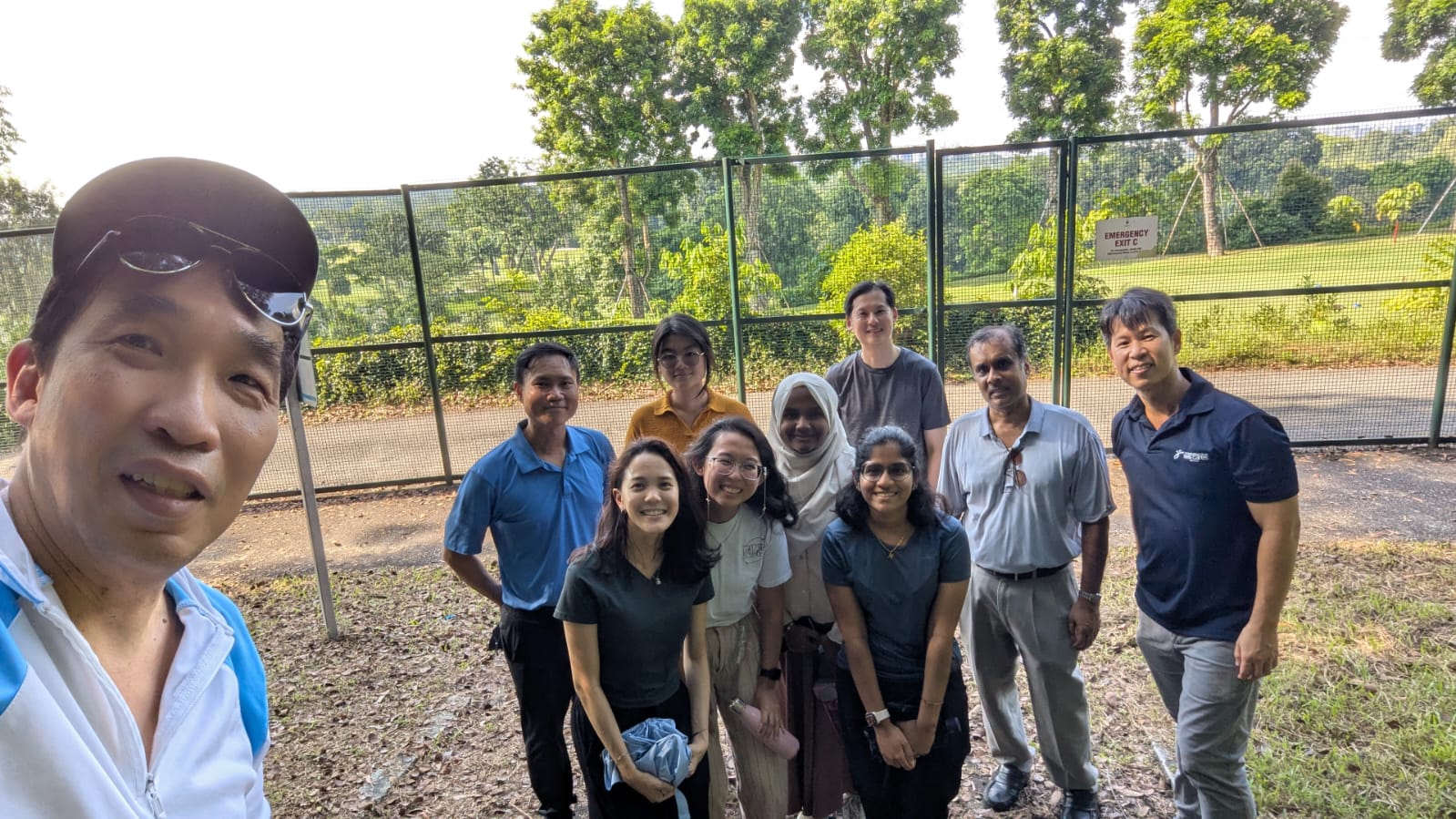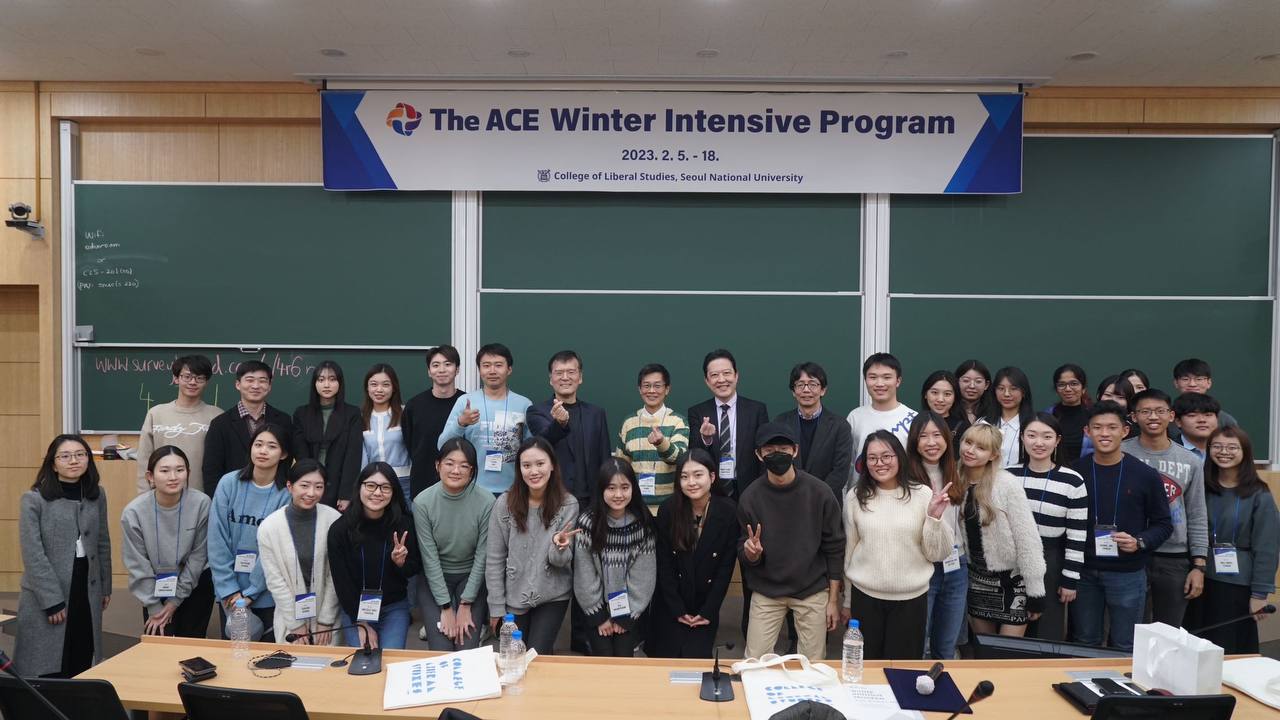From NUS to NHG: Where data meets healthcare
October 15, 2025

As a Research Analyst (Data Science) at the National Healthcare Group (NHG), Jessica Widyawati, who graduated as part of the inaugural cohort from the Data Science and Economics Cross-Disciplinary Programme (DSE XDP) and the College of Humanities and Sciences (CHS), spends her days turning complex data into actionable insights to support healthcare research.
Her work ranges from managing healthcare databases and building dashboards for key metrics and using statistical modelling for epidemiological analyses to predict future disease risks and patient outcomes that contribute to improved clinical practices.

It is a role that demands both technical expertise and the ability to see the bigger picture - skills Jessica honed during her undergraduate journey at CHS and NUS College (NUSC).
For instance, “understanding economics alongside data science enabled me to contextualise analytical findings within broader societal impacts,” she says. “This skill is valuable in many industries, where data alone cannot drive decisions without understanding the human and economic dimensions.”

In particular, the interdisciplinary nature of her courses encouraged her to analyse problems from both technical and economic perspectives. For example, understanding the societal impacts of machine learning applications broadened her worldview, making her more empathetic and solutions-driven. Her coursework and projects also gave her the opportunity to discover the practical relevance of her technical skills when applied to industries like healthcare.

Nowhere is this skillset more relevant than in her day-to-day job, which covers data engineering - cleaning and aggregating data and conducting data analyses to answer business questions - and data modelling, where she collaborates with clinicians on research projects.

Jessica is currently working with a group of clinicians to explore different blood glucose trajectories for diabetes patients of different phenotypes, to enable early interventions and reduce long-term complications for newly diagnosed patients. She is also building models to better understand and subsequently predict patients’ risk of diabetes based on their socioeconomic and clinical demographics. She will be presenting her work at the upcoming Singapore Health and Biomedical Congress 2025 under the Young Investigator Award track.
In her view, her learning experiences at CHS and NUS College, both of which emphasise multidisciplinary education, were pivotal in preparing her for the workplace. Courses spanning the sciences, arts, and social sciences broadened her worldview and prepared her to work alongside colleagues from diverse academic and professional backgrounds. Along the way, she also gained competencies ranging from academic writing to communication - complementing the technical foundations from DSE XDP.

Another defining experience was a week-long programme in Korea, where she engaged in discussions on peace and conflict in Asia with peers from Rikkyo University, Seoul National University and Peking University. This experience, she says, “deepened my appreciation for cross-cultural and interdisciplinary collaboration.”
Reflecting on her path, Jessica attributes her readiness for work to the interdisciplinary foundations she acquired and the practical skills she picked up through her internships. Prior to graduation, Jessica also interned at NHG with the Evaluation Science team, where she applied economic and statistical methods to assess the effectiveness of healthcare interventions, especially the impact of Traditional Chinese Medicine on patients with knee osteoarthritis.

“Ultimately, my education taught me that data is most powerful when paired with context and purpose. It’s not just about analysis; instead it’s about generating insights and applying that knowledge in ways that can shape better decisions and improve lives… it’s prepared me not just for my role today, but to keep adapting and contributing as new data tools and technologies emerge.”

